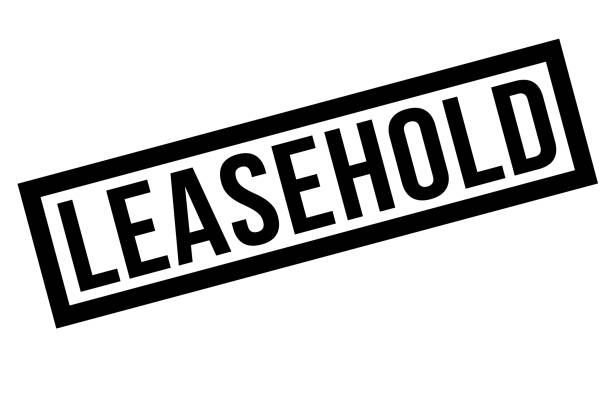
Many are trying to make the climb towards property ownership. It is important to think about all possible options. Leasehold properties are the ideal method of purchasing property for a lot of people, but it is important to know what this sort of property is. There are many aspects to take into consideration when purchasing a leasehold home in addition to what it actually similar to.
First of all, when you acquire ownership of leasehold property, it is important to be aware that you be the owner of the leasehold property for an agreed-upon period of time. The lease is a legal contract between you and your landlord. The landlord is called the "freeholder" or the "lease". The lease will indicate how many years you will have the property.
Landlords offer leasehold services to tenants to ensure the property's security. They can be used to manage repairs and maintenance and the removal of tenants who have been causing problems. Landlords can make sure they are protected from any possible damages or liabilities that may arise from tenants' actions on the property through having residential lease service.
When the lease comes to an end, the property is returned to the landlord , who takes over the property. Flats are mostly leaseholds, however houses may also be leaseholds in particular if they're bought as part of the shared ownership plan.
There are numerous aspects to take into consideration when purchasing leasehold property.
How long is the lease set to run for?
Before you buy the property, it is essential to be aware of the remaining years of the lease. If the lease is less than 70 years will make it difficult to secure a mortgage. If you are able to get a mortgage and sell the property will be much more challenging (unless the lease has been renewed).
You should search for leasehold properties that have at least 90 to 125 year remaining If you're planning to purchase one.
Can you extend the lease or can it be extended by you?
If you're considering purchasing leasing a property, it is worth looking into extension of the lease. You can request the owner to extend the lease prior to when you purchase the property. In addition, after you purchase the property and own the property for two years, you are able to extend the lease provided you meet the requirements for qualifying. It is important to note that the shorter time remaining on the lease makes the extension process more expensive and difficult.
You should also be aware that the freeholder may to charge the fee to extend the lease on the property (which is acceptable from their point viewpoint). Leasehold Valuation Services can help you estimate how much money you will need for extending your leasehold.
Do I have to pay for ground rent? If so, how much?
Ground rent is a sum of money that must be paid to the landlord on an annual basis. Ground rent should be low. A lot of people consider their ground rent to be around PS50 per year. It could be necessary to pay an annual sum or distributed over the course of the course of the year, depending on the specifics. According to reports that ground rent in London is more expensive than the rest of Britain. This is in line with the overall trend of UK property costs.
It is important that you determine what the ground rent will be if it is fixed, or escalating. A fixed ground rent is the same each year throughout the term of the lease. If the ground rent is classed as escalating, it will increase over the course of the leasehold.
For instance, a 99-year lease might see ground rent set at PS50 annually for 33 years. PS100 for the next 33 years, and then PS150 for 33 years.
Are there additional costs that is associated with leasing property?
Although you might think that having a leasehold house, incurs many costs, there are additional fees to consider. There could be specific clauses for building insurance or other charges that are associated with the leasehold, which could increase the amount the tenant has to pay each year.
A service fee may be included in the terms and conditions. This is commonplace for properties that share areas like hallways, steps or even gardens. They must be stated clearly in any contract.
